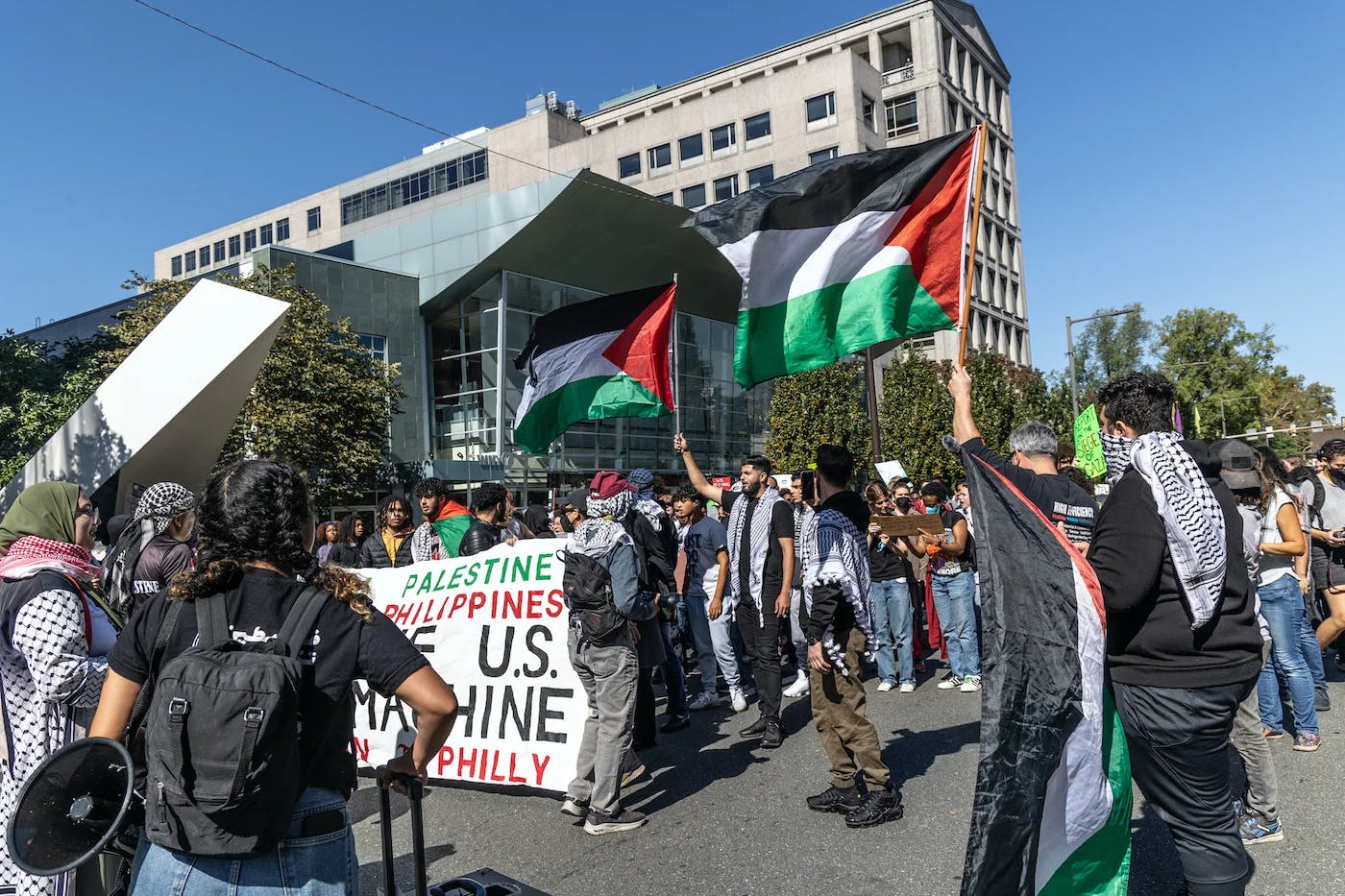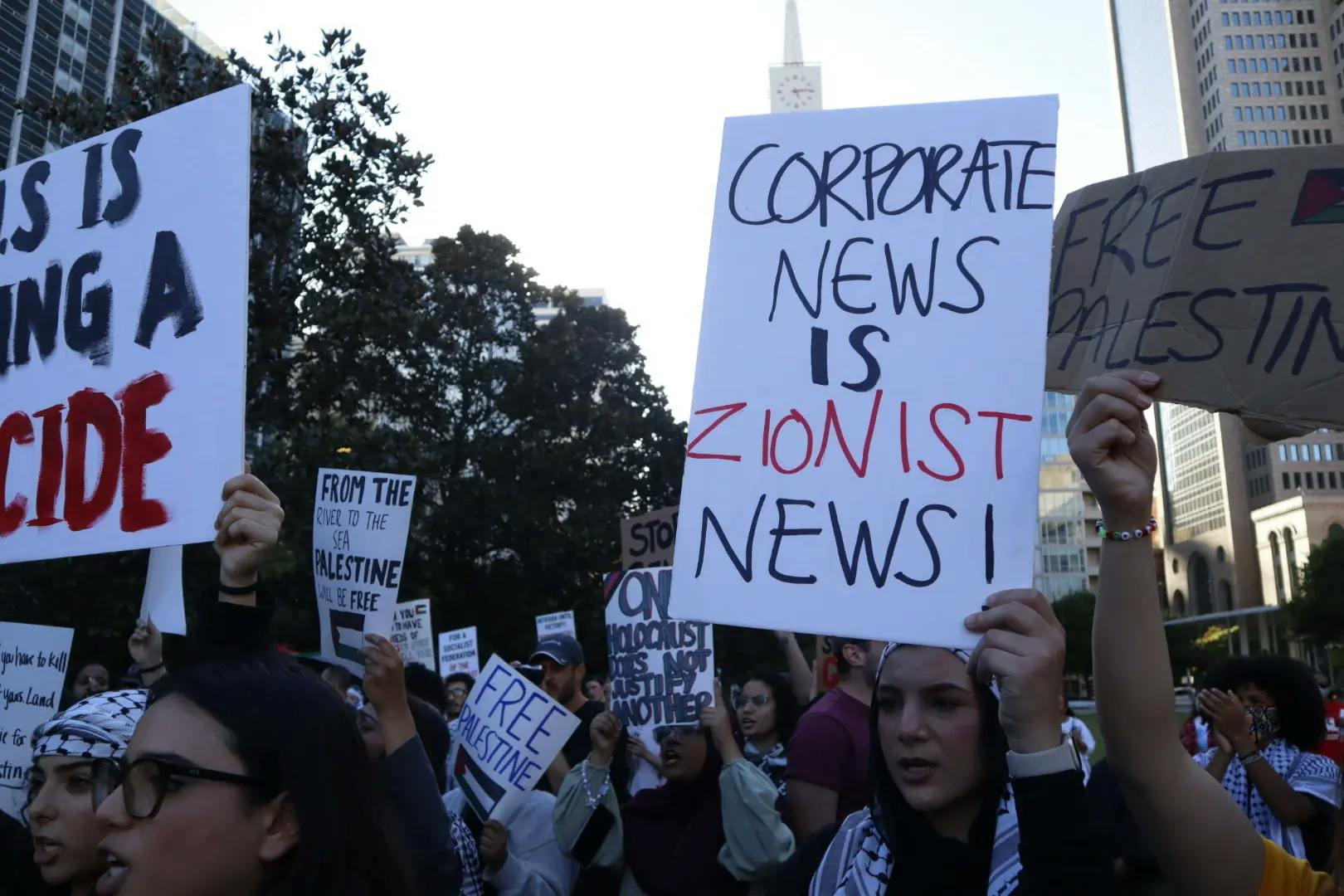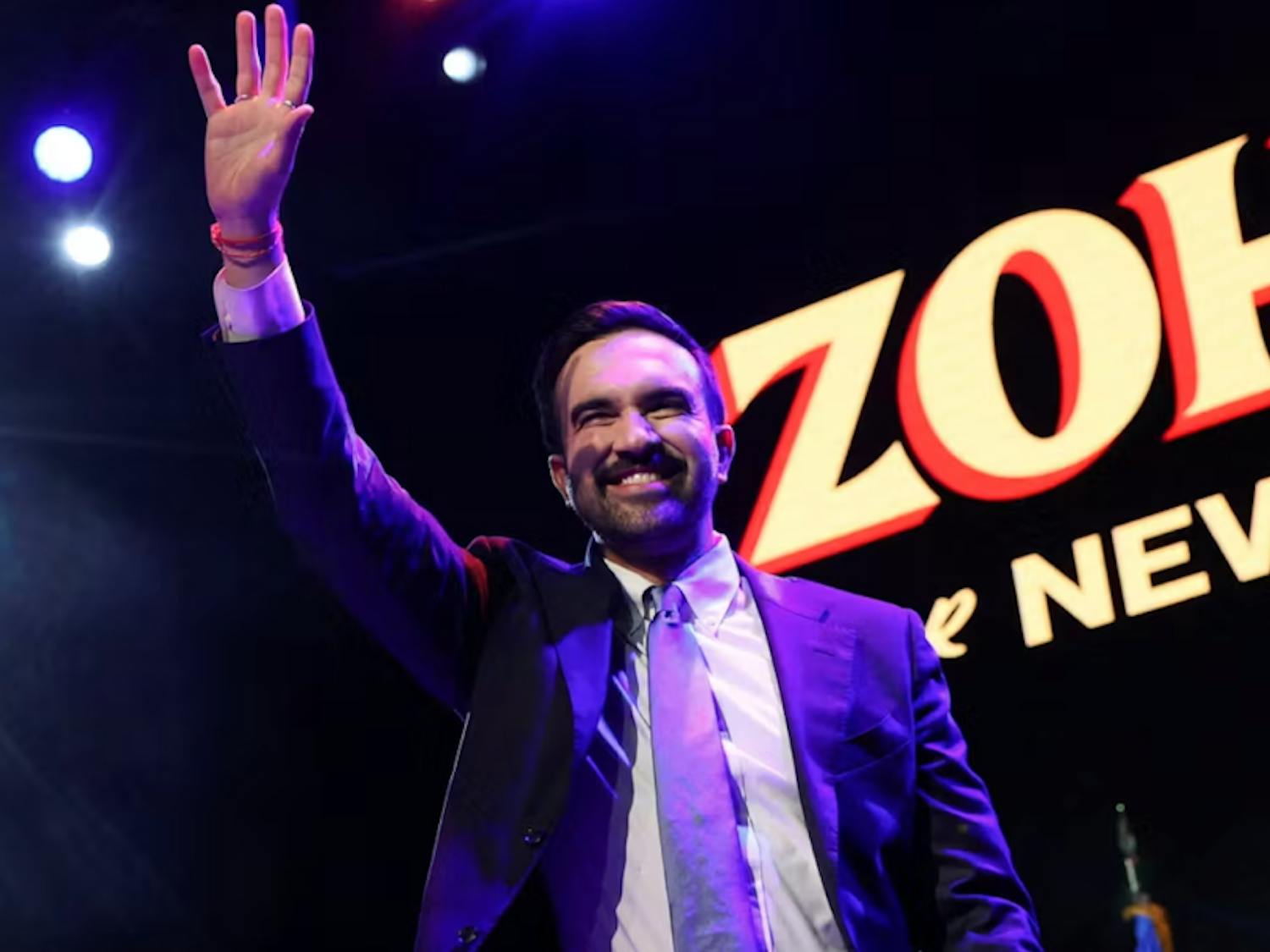In the modern age of technology, information flows faster and more abundantly than ever before. The advent of social media, instant messaging and real-time news updates has changed the way information spreads and people’s availability to information.
When discussing important and relevant topics a person’s personal understanding and perception has been deeply affected by this digital revolution. This has become clearly evident in regard to the Israeli-Palestinian conflict.
The decade-long conflict comprised of warfare and discord erupted into war and polarization about a month ago. This outbreak of built up tension generated an interest from the outside world as to what exactly is transpiring between the two nations.
It is, therefore, a reality that the events in Israel and Palestine have traveled beyond borders and into the minds and hearts of many around the world. This is where the media plays a major and decisive role. Whether it is interest produced out of humanitarian regard for the lives of those affected, economic intrigue from businesses and markets impacted by the fighting, or religious fervor generated by the major root of the conflict, this issue has the world’s communities watching.
The immediacy of information dissemination through technology has transformed the way these communities receive and process news. Live streaming, citizen journalism, and instant updates from the ground have become commonplace.
This real-time reporting allows room for an unfiltered window into the reality and hardship of war that people can now witness. The events that are available for people to see leads to a deeper emotional response to the conflict and a more engaged society. For instance, social media platforms have given individuals, activists, and organizations the ability to reach a global audience instantly, which has helped empower voices from both sides of the conflict, influencing public opinion on a scale previously unimaginable.
This represents the benefits of information passing through quickly, however, immediacy could also be the cause of misinformation, or of a deeper polarization either online or worldwide where people are only immersed to one side of the conflict causing a narrowed perception.

This type of one-sided perspective can be the result of online echo chambers.
Algorithms on social media platforms often curate content based on a user's previous interactions, leading to a reinforcement of pre-existing beliefs and perspectives. This can contribute to the isolated discourse on the Israeli-Palestinian conflict, as individuals may primarily engage with like-minded sources and opinions.
Seeing and reading only one opinion of the topic is dangerous as this conflict is incredibly delicate and complex, and one can not fully understand either side until they understand both of them. This is a real threat to the current climate of technology as people don’t absorb one main source of media like in the past; they instead can pick and choose whichever source aligns with their interest, ending up with a closed-minded point of view.
While technology has democratized information, it has also made it easier for misinformation and propaganda to spread rapidly. Various actors, both within and outside the conflict, have leveraged social media and other digital platforms to manipulate narratives and influence public opinion.
Enjoy what you're reading?
Signup for our newsletter
Discerning between credible sources and misinformation has become a critical challenge for individuals engaging with the Israeli-Palestinian conflict online. For example, there were multiple claims that the terrorist organization HAMAS was horrifically beheading babies, adding an incendiary element to an already violent war; yet this claim was retracted and stated to be false.
This spread of misinformation also goes to show how the new age of media can negatively affect a person’s perception, as people are able to consume media and information quickly yet on a topic so complex it is much harder to differentiate what is true and what is not.

A conflict of this nature has yet to be experienced within this ever changing world as news and public opinion are traveling and changing in an instant. Compared to past wars which did not exist in this technological climate, the media’s impact on the Israeli-Palestine crisis has resulted in much more activism and polarization based on biases or misinformation. Past wars never had this type of access to information that this conflict does and it is hard to determine whether they would have benefited more from that by considering the media what the media is now.
The age of technology has undeniably transformed the way we perceive and discuss the Israeli-Palestinian conflict. As we navigate this digital landscape, it is imperative that we approach the discourse surrounding the conflict with critical thinking, and a commitment to seeking out diverse perspectives.




